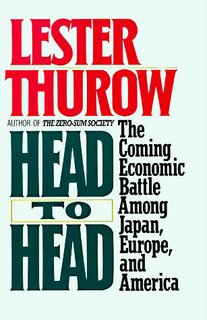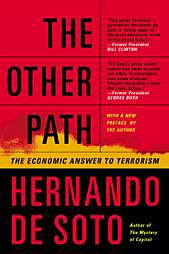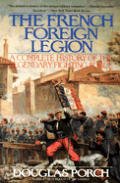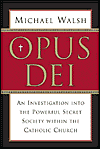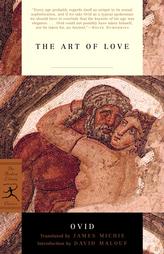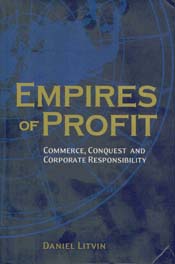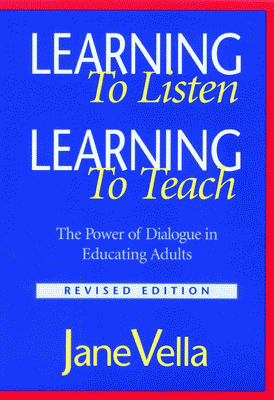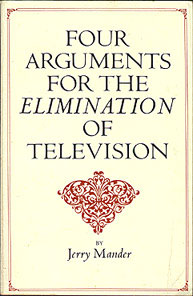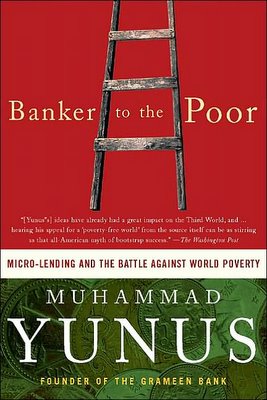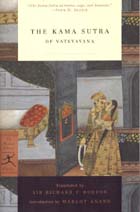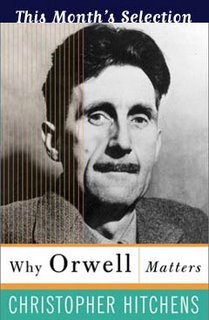
Why Orwell Matters
Hitchens, Christopher
Not Sure Hitchens Answers The Question
It speaks of literal hypocrisy itself to write a review, particularly a critical one, upon an analysis of a highly analyzed author like Orwell.
Oh well, so be it, this book irked me a little bit, Hitchens might have applied more facing in the spirit of Orwell as exemplified in articles, publications, books, and novels. I just was not feeling a heart and soul in the analysis and I think the best ones have it.
So not satisfied that Hitchens really developed the analytical strategy that would bring Orwell out of the Orwellian; "heart included" is a request that hints at the humanist and humanism lurking about in Orwell's messages on fascism, totalitarianism, and communism.
Hitchens just does not strike that chord the way Orwell did. These ills that we are consciously and subconsciously aware of, in ourselves, as individuals, and as members of societies, Orwell decried these ills, all of these perhaps more well organized, developed, and fully flowered in the cradles of western democracies than in any artifical or real enemies of our social conditionings.
Our cultures and societies of refinement, power, and graceful wielding of the global economy are a fully cast sword which swings as willfully in the present as it clattered in machine guns over The Somme or Vietnam.
JG Ballard in "Empire of the Sun" touched on Orwell's assertion of perpetual war in post-modern society through an estimation that WW Three had started the day Little Boy was dropped and continues onward to the present day.
But Hitchens ends up playing a game of "he said/she said" which really obscures the magnum suma of Orwell's vision.
There were doubtlessly authors out there writing in the same vein as Orwell. I would have preferred to have a closer inspection; Hitchens sniffs a few, but does not cast gleams in their direction.
Orwell was facing the tougher facts than most and maybe the real world details and events which correspond to Orwell's experience, and his living through of those details, and events, would more brilliantly reflect his facets and points.
Examining and giving significance to Orwell's implied message requires facing questions themselves, such as:
Were the victorious allies not a little too self-satisifed with their conquest of the Nazis and the Japanese? To what purpose and benefit?
Were the Allies not just a little too eager to comply with not only US financial institutions in clearing their accounts but in placating Stalin and his designs? To what purpose and benefit?
For example, who were the "Majors"? Did Eisenhower not delist German POWs from the UN conventions that would protect them from concentration-camp-like conditions following European D-Day ?
Was the Katyn Massacre not an early and easily interpreted foreshadowing of what Stalinist Russia had in store for millions of returning Eastern Front Russian soldiers, intellectuals, writers, artists, poets, and even tenant farmers ?
Orwell was not only a writer with the will and courage necessary for facing such issues and evidences, he was a willing reader, obviously a capable observer, and pre-eminently a listener.
But Hitchens does not seem interested in availing the reading public of Orwell in his roles as a nearly singular member of a society of apparently blind, deaf, dumb, and mute rationalists.
However Orwell matters most because he was seemingly the only man of his period to take a singular and surrounded facing.
Yes he mentions it, but it never feels like the centre of Hitchens' analysis.
He does not really examine Orwell in the Christ-like context of literary symbolism, the soul transformed, the vicious Saul turned to Paul, the flawed but somewhat forgiving human-being that he became. The transformative aspects of his work. Is there any evidence that Orwell transformed anyone other than himself ?
It is there... the bitter irony...his most famous books, "Animal Farm or 1984" considered seminal elementary literature. Fairly trite. So obviously this man was not a Hans Christian Anderson.
There is the scope of the Orwellian nightmare which engulfs us and his conscience, which acts as a moral essential to the concept of universal soul, revealed, but not often enough recognized as an admission of common guilt, that there is no relative withdrawal possible from personal responsibility for the self, the totality of entire human history is possessed by all, and for the injustices and cruelties we perpetuate and must witness in ourselves, the issue is how do individuals grow from this maturation and ownership?
Perhaps, "Grow from this?", such as Orwell implies.
But Hitchens just does not get to that.
I wish he would have.

